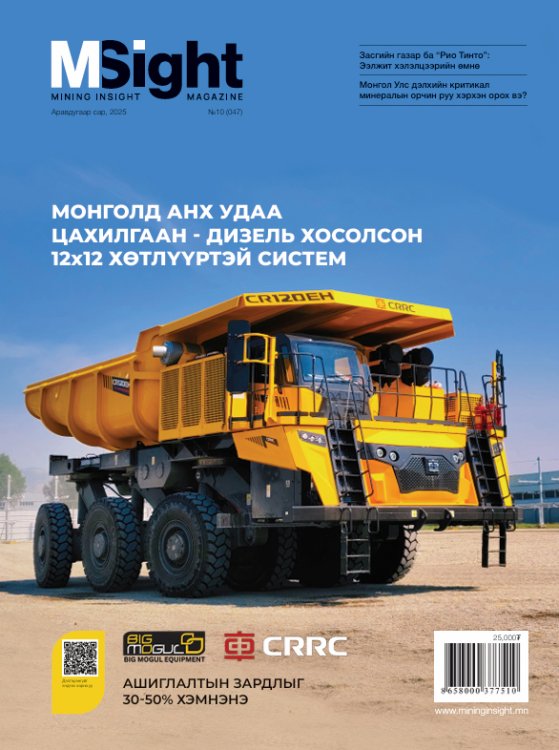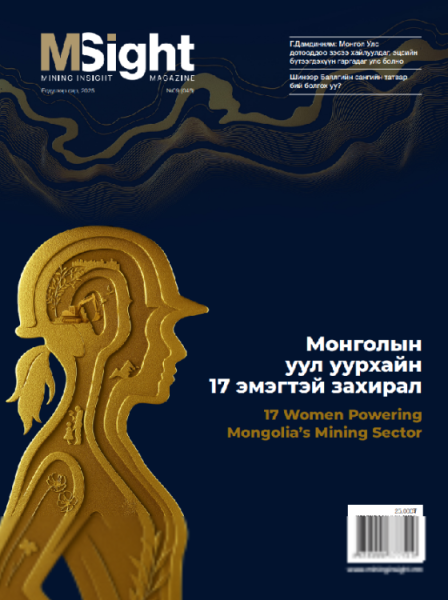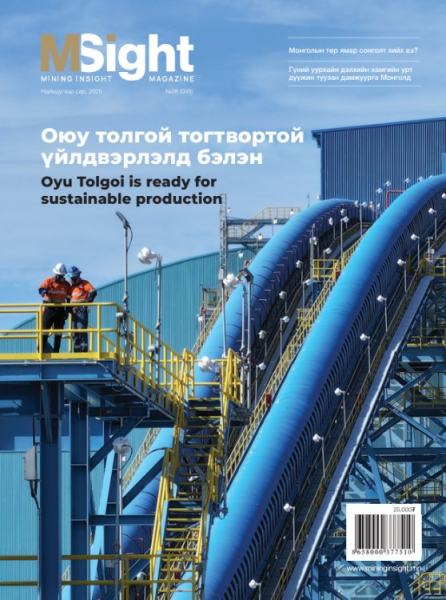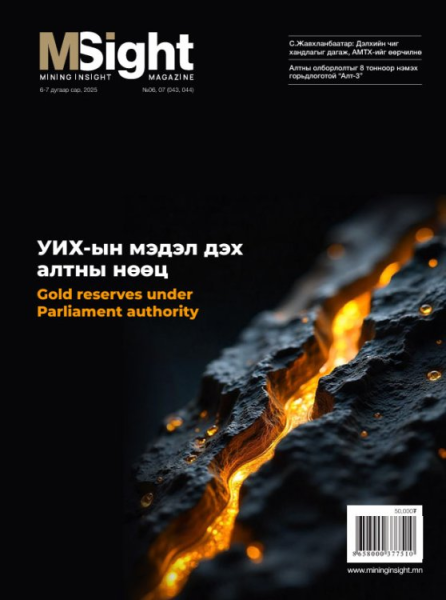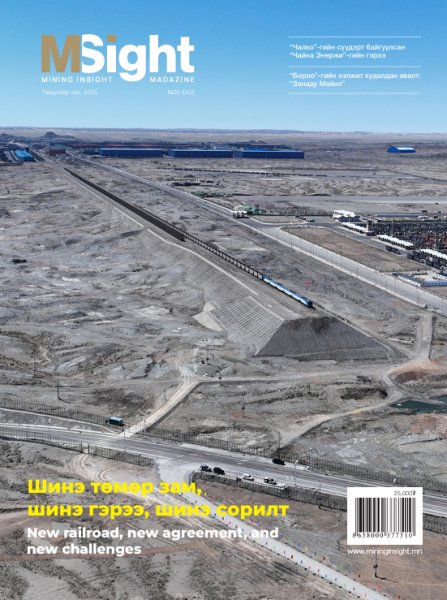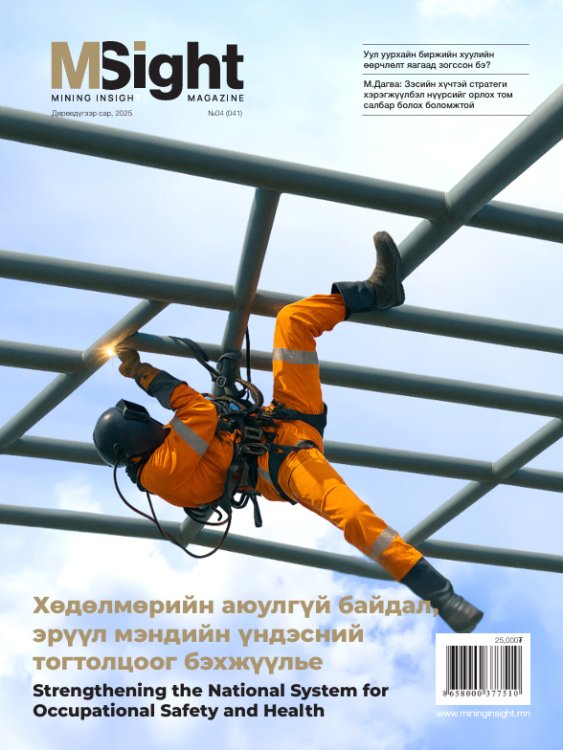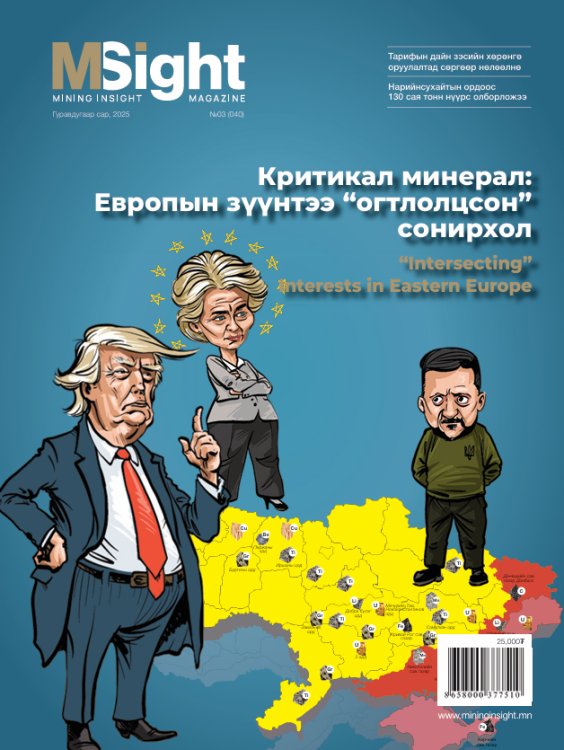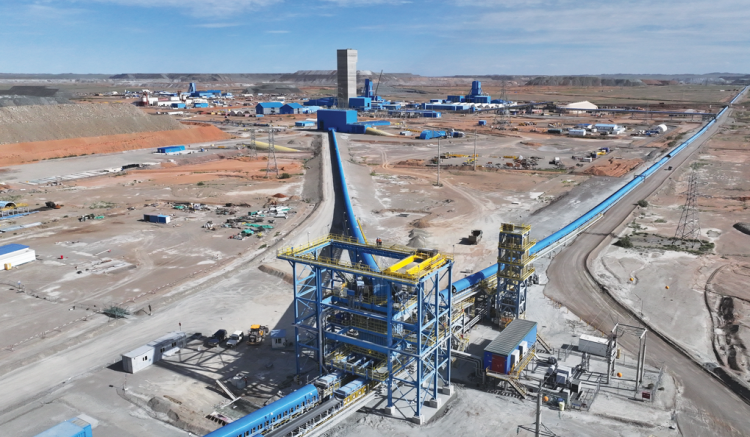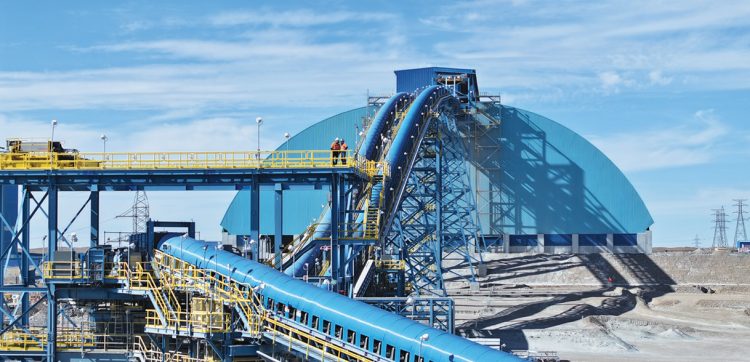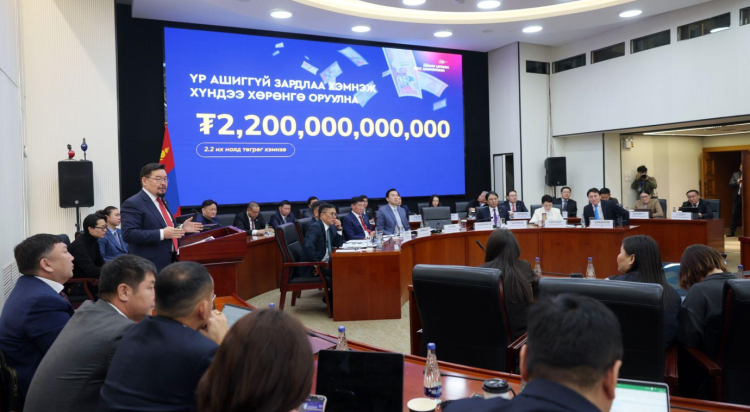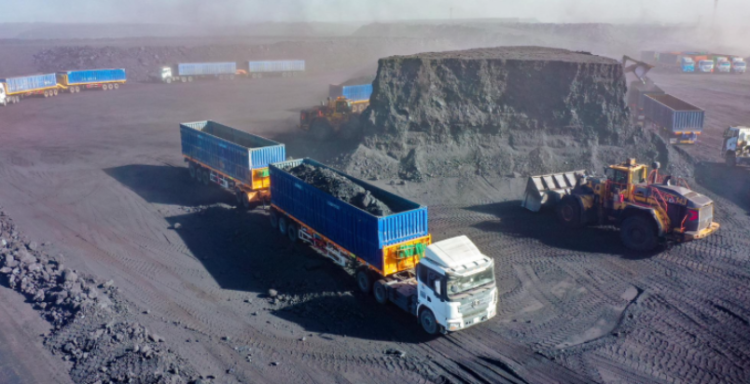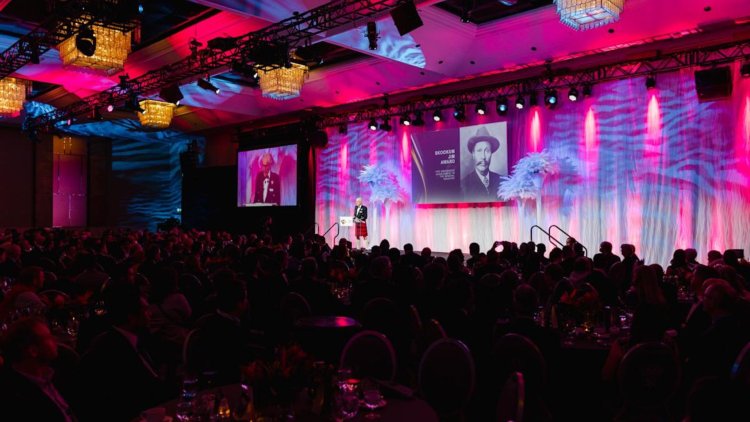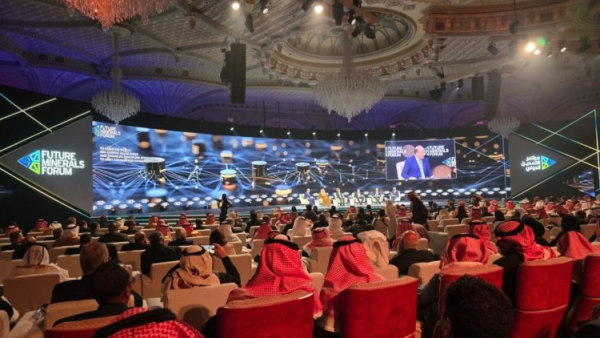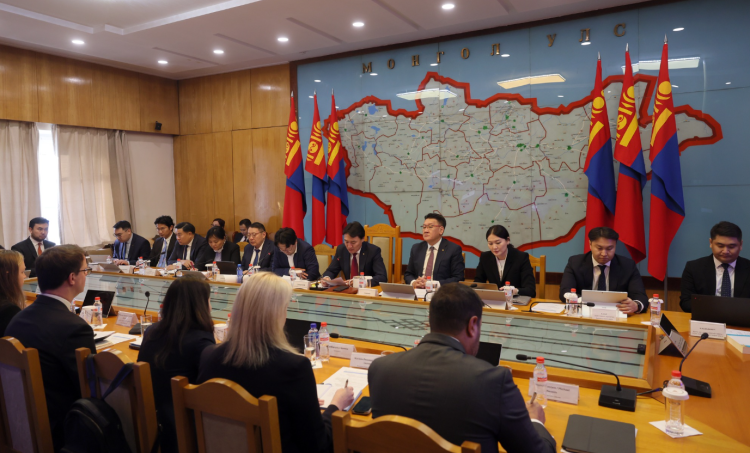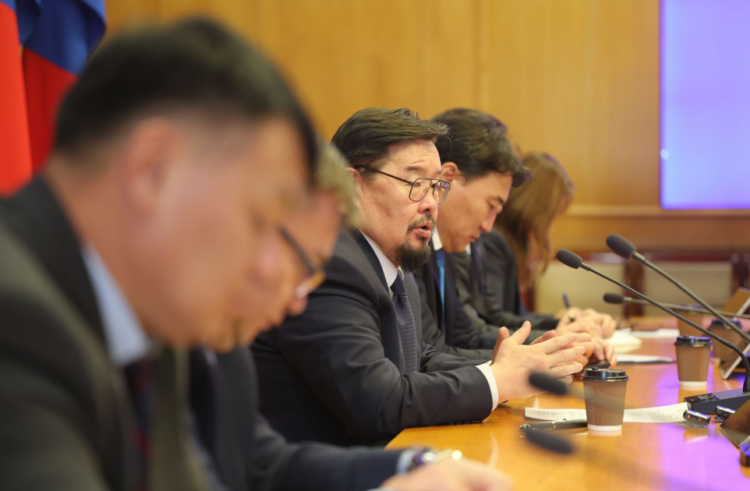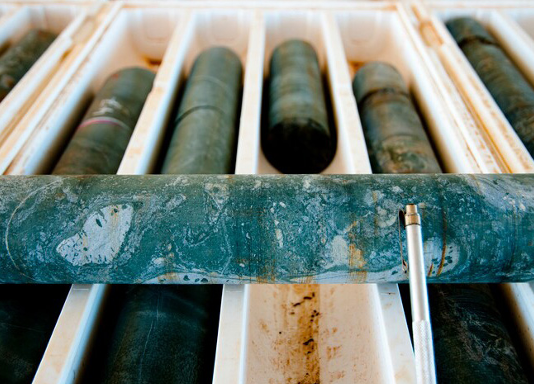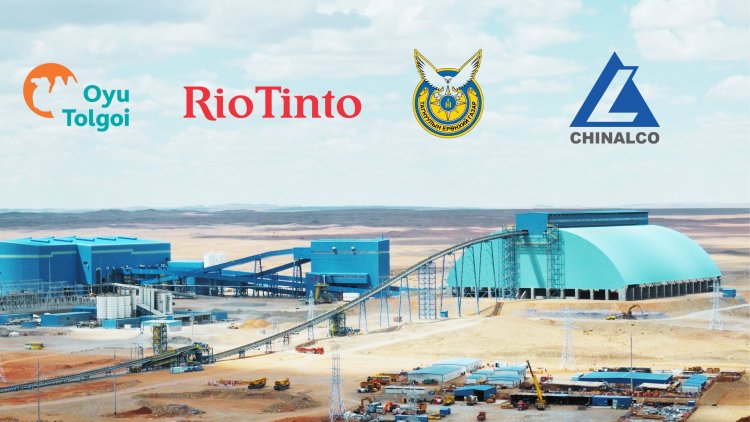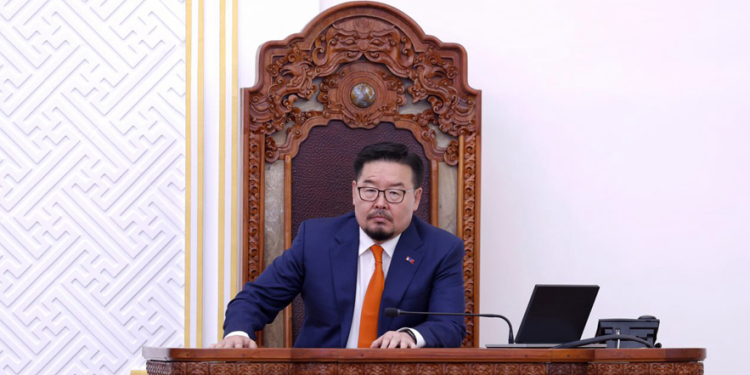
Mongolia was unable to take full advantage of the pandemicdriven demand growth for mineral commodities and rise in prices in 2021 due to border issues. Even this year, the growth of commodity prices is expected to remain relatively stable with the postpandemic economic recovery. Although the war has left the world unpredictable and impacted the mineral sector in general, commodity markets are relatively favorable and investors are targeting the mining sector. For Mongolia, mining is an industry that can attract investment and draw foreign currencies. In addition, at a time when the economy is struggling, the government has no sector to rely on other than mining.
Therefore, the Government of Mongolia is actively trying to intensify exploration and attract foreign investment for projects in areas with discovered resources. In particular, we have high hopes for the exploration sector. In order to intensify exploration, first of all, within the framework of the existing legal environment, the relevant regulations have been revised to digitize the licensing process. The amendment to the Minerals Licensing Procedure will allow entities and individuals wishing to obtain an exploration license to submit their bidding documents online. The online approval process will allow investors to monitor the process. On the other hand, the government wants to make it possible for the public to know which individuals and entities are licensed to explore where and how much. However, the approved procedure has not yet been made public, so there are many ambiguities. One thing is for sure, the new procedure for licensing the highest bid will be effective. Furthermore, the Laws on Minerals and Investment are being revisited to address the most pressing and pending issues facing the sector. However, law reforms and better regulations will not be enough to improve exploration and attract foreign investment. Especially in the face of strong environment-related opposition from the local community.
The local community may be pushed aside because of the difficult economic situation to forcefully carry out mining and exploration activities. The issue of sustainable development of the sector will not be discussed unless there is a strong social unity for mining-driven development. In this regard, the issue of social consent in the mining sector, in general, is highlighted in the April issue of the Mining Insight Magazine. An unnecessarily “rich” company called “Erdenes Tavan Tolgoi” has emerged in Mongolia, getting involved in every development work. “Erdenes Tavan Tolgoi” has become a stick in the hands of those who lack government funding. “Erdenes Tavan Tolgoi” is financing the construction of railways, power plants, and, this time, refineries. As a result, the company is being held hostage to pay billions of US dollars in coal barter over the next two to three years. We’ve seen enough about the pros and cons of this method in the past, but once again, ETT is going back to its old method along with its mistakes. Read more about this issue in Bold-Erdene.S’ article “May the Chinese sky/government bless “Erdenes Tavan Tolgoi” Mongolia’s railway sector is at the beginning of a very interesting cycle.
Mongolia, which has little experience in the railway sector other than the Ulaanbaatar Railway JV, will now see the end of a conflict that dragged on for many years. A new structure that paves the way for both public and private entities in this sector is being adapted. However, innumerable unresolved issues have arisen, such as ownership of new railways, transportation rights, traffic coordination, regulation, rolling stock, and transportation tariffs. Odjargal.E’s article “The next ‘major obstacle’ along new railroads” covering all these issues is included in the April issue of Mining Insight Magazine.



